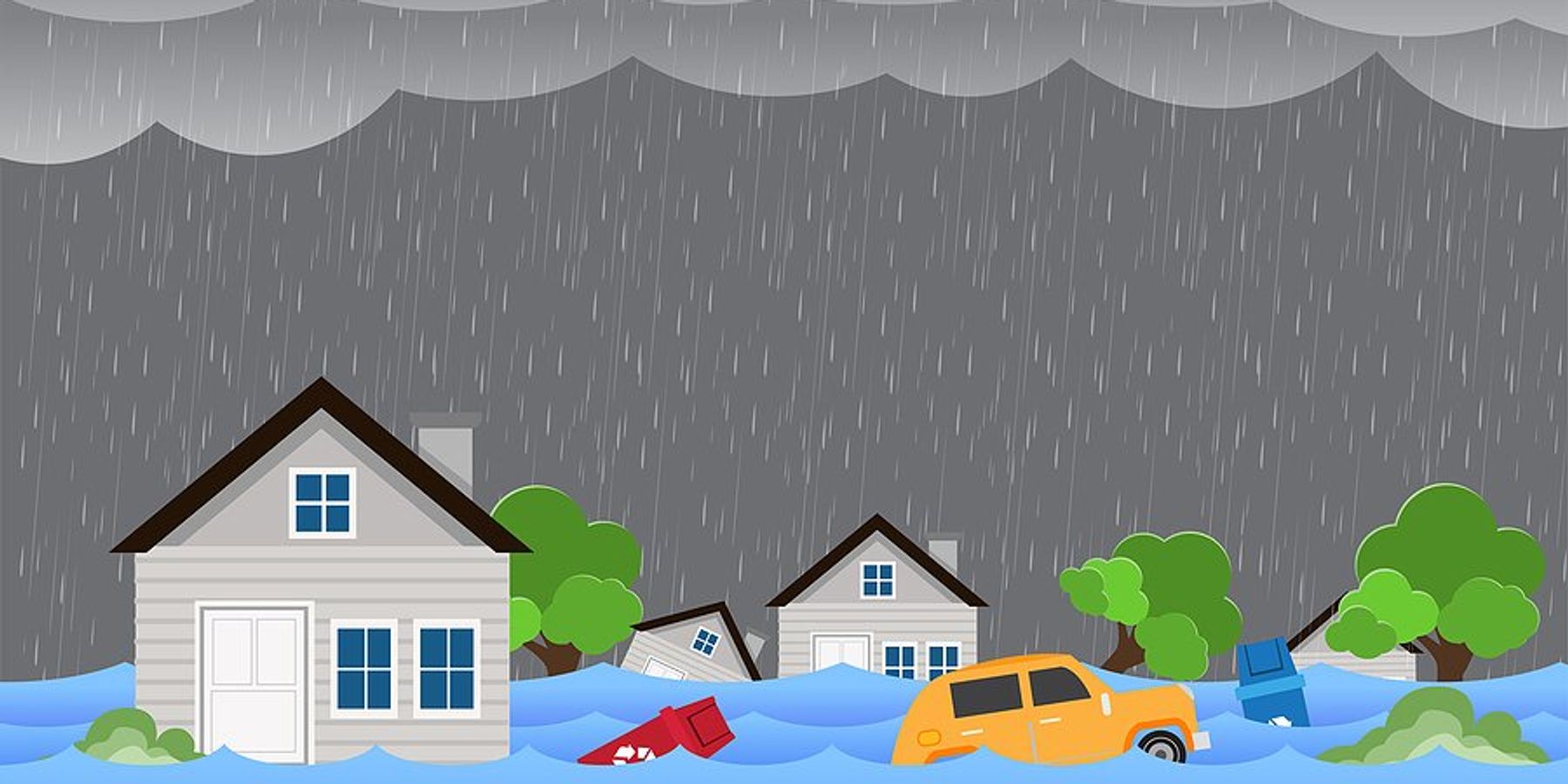
Flood mapping reforms stall as Trump disbands FEMA advisory group
A federal committee poised to overhaul how the U.S. assesses flood risks was quietly dissolved by the Trump administration in January, halting key updates to outdated Federal Emergency Management Agency flood maps.
Anna Kramer reports for NOTUS.
In short:
- FEMA's Technical Mapping Advisory Committee, which guided national flood map updates, was disbanded under President Trump in early 2025.
- The committee had nearly completed its 2024 report, which aimed to improve the accuracy of flood risk data amid rising sea levels and extreme weather, but the report was never released.
- Trump’s order eliminated all Department of Homeland Security advisory committees, leaving FEMA without expert input as climate-related flood risks increase.
Key quote:
“This is a group of seasoned professional people. They don’t have an axe to grind, there’s not a political issue.
— Glenn Heistand, University of Illinois water resources engineer
Why this matters:
Flood maps shape where homes are built, how insurance is priced, and who is required to buy it. But many maps are outdated or incomplete, failing to reflect modern flood patterns driven by climate change. When advisory panels like FEMA’s are dismantled, it stalls the technical work needed to modernize these tools, leaving communities blind to growing risks. With hurricanes intensifying and rainfall patterns shifting, inaccurate maps can lead to unprepared towns and uninsured homeowners. Without federal support, states and cities must fend for themselves — often with fewer resources and inconsistent standards — while new developments continue rising in harm’s way.
Read more: Outdated FEMA flood maps leave billions in damages uninsured













